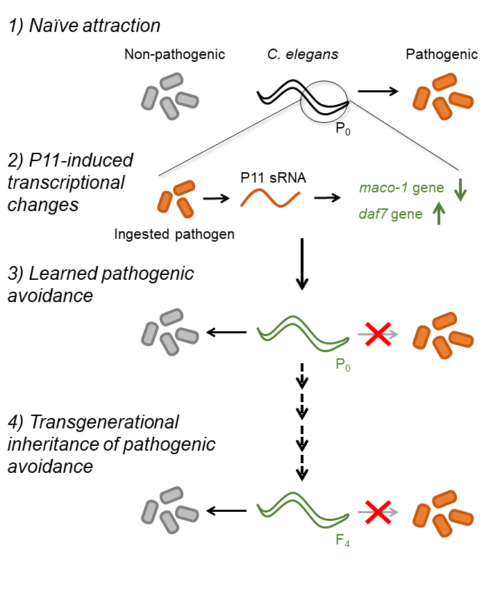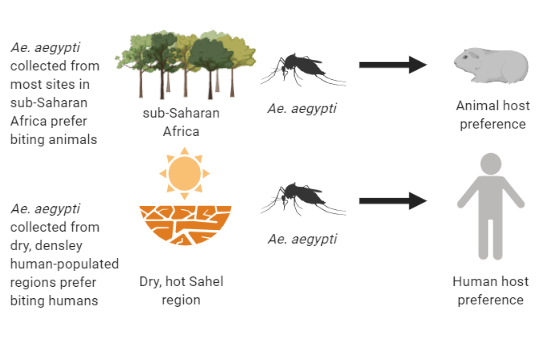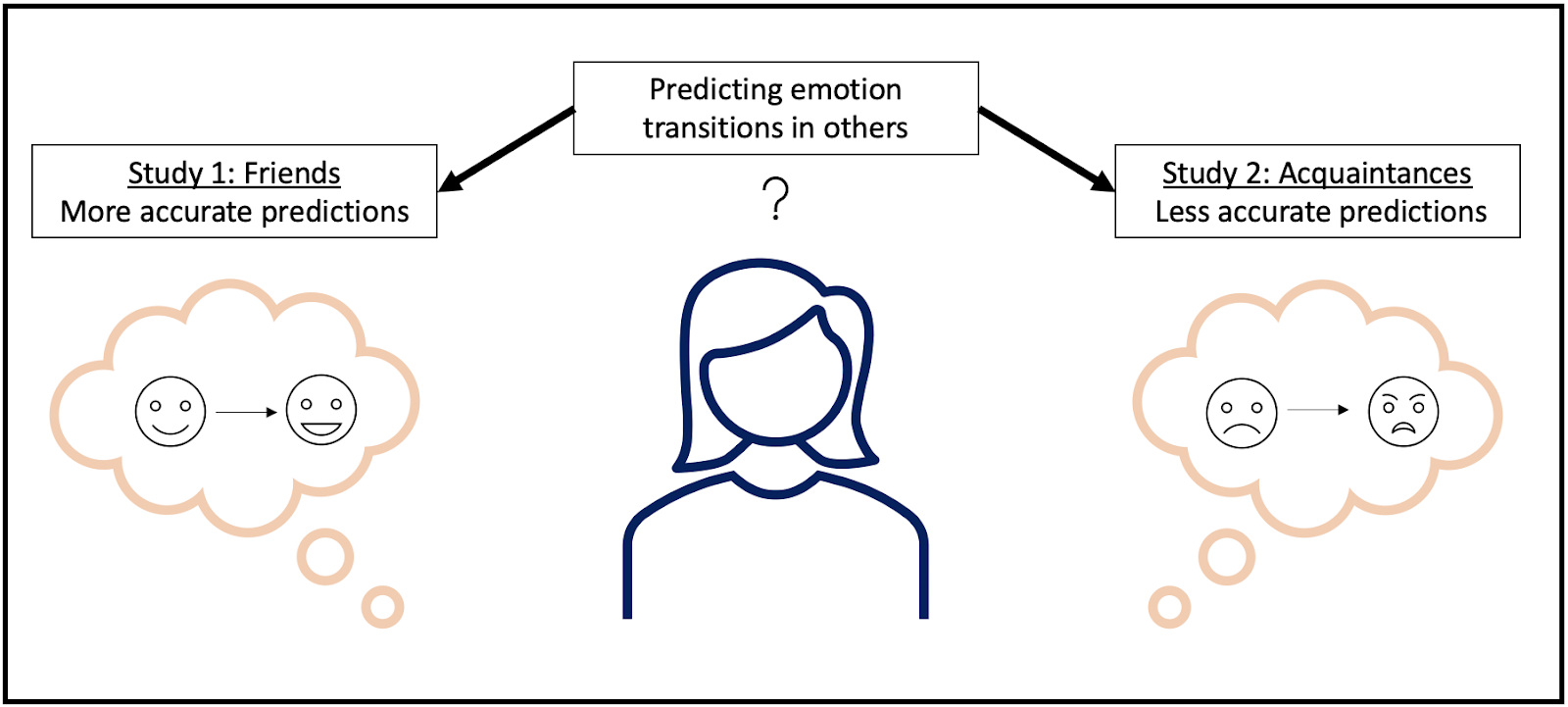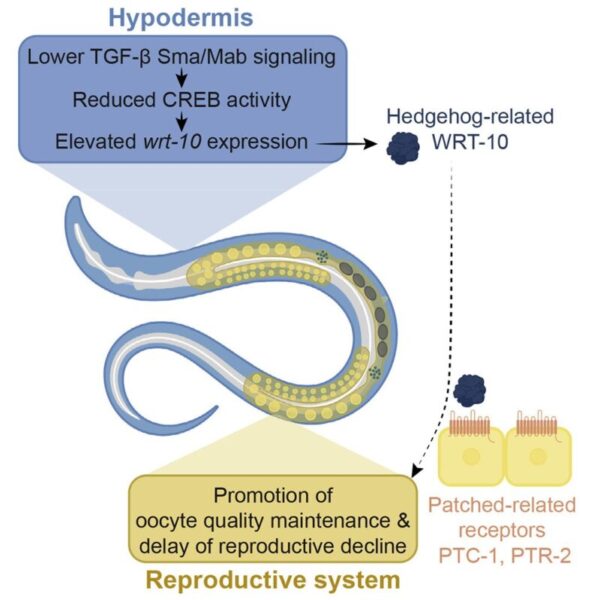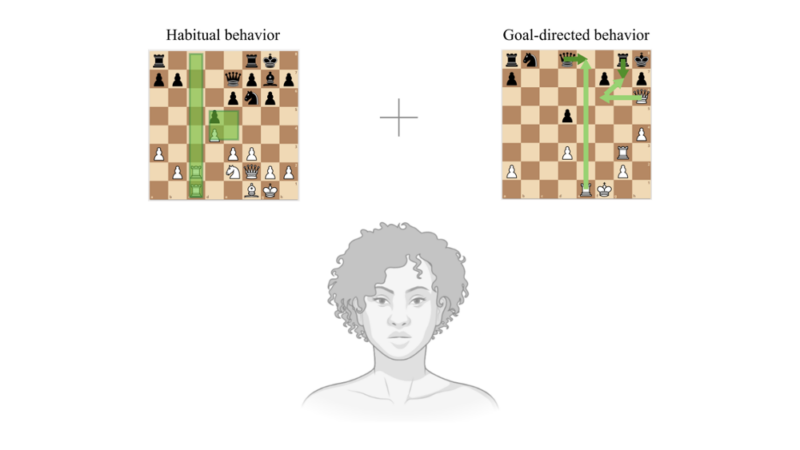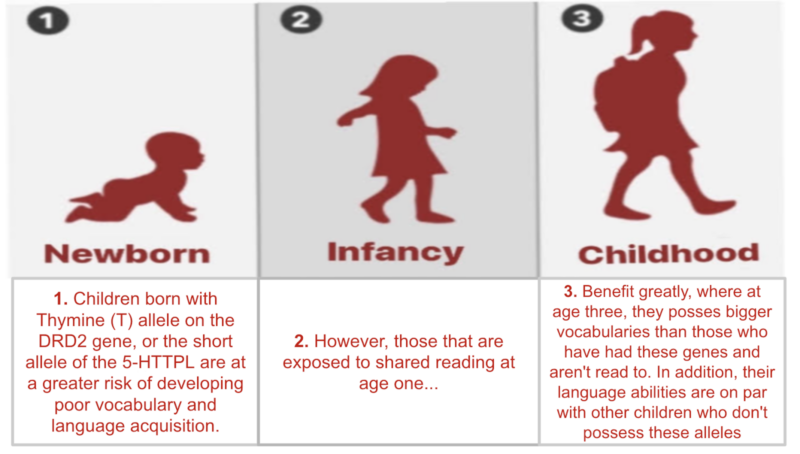Part II of our series into the phenomenon of phase separation that is changing how biologists understand cellular biology
Review written by Xinyang (David) Bing (LSI)
“Repression condensates”
“For liquid-liquid phase separation, Princeton is the center of the universe, and my work benefited from collaborations and interactions with Cliff Brangwynne's lab.”
This is how Dr. Nicholas Treen, from the lab of Mike Levine, described his close working relationship with the neighboring Brangwynne lab. In his latest publication, he and his collaborators set out to describe a novel type of condensate formation in the nucleus involved in gene silencing.
The first cell divisions of a newly fertilized embryo are arguably the most instrumental events that occur throughout the life of an animal. During early embryonic development, an intricate web of processes must occur coordinately to lay the blueprint for the developing organism. Like a set of dominoes, every gene that is expressed during early developmental processes leads to consequences downstream during later developmental stages. Even slight errors may lead to a malfunctioning embryo and certain death of the animal. Therefore, all animals have their own set of developmental “blueprints” that necessitate massive numbers of genes be expressed in a tightly controlled manner, both in terms of timing and levels.
Continue reading "Life: Like oil and water? Part II"

